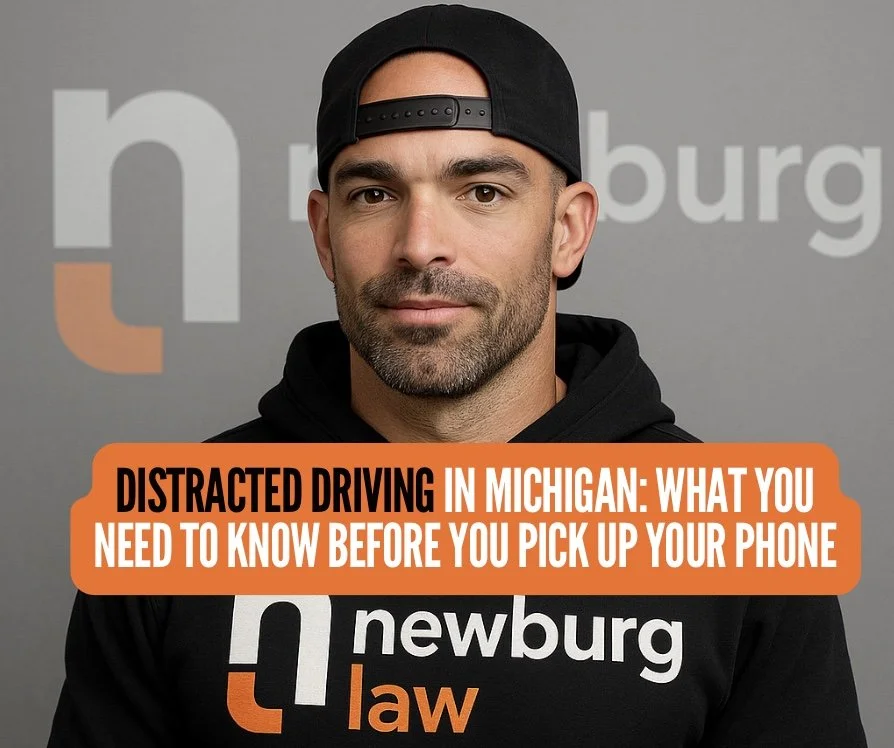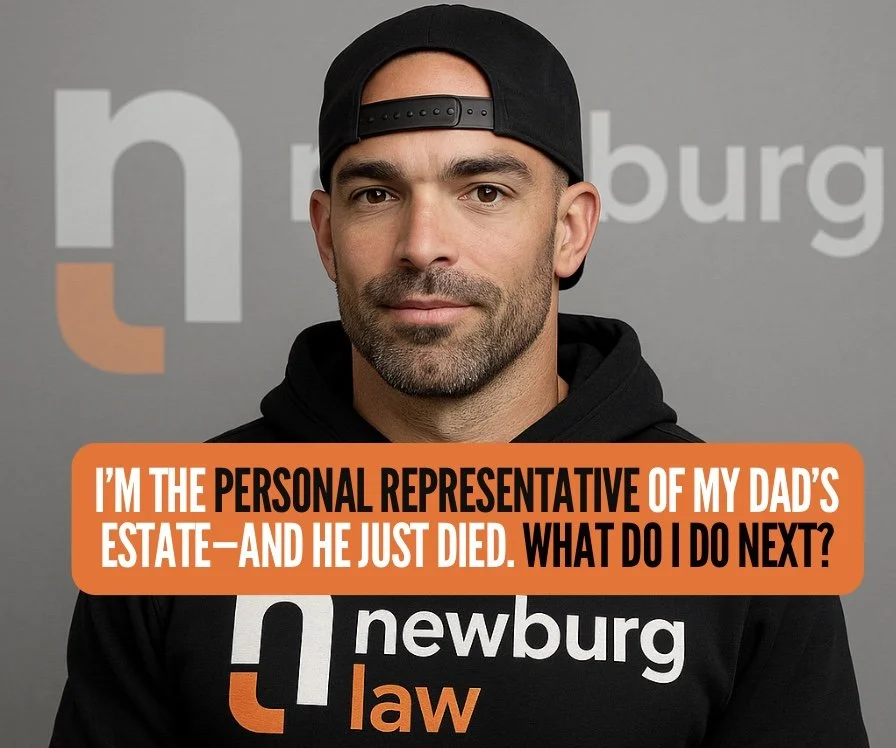
“I’m Updating My Estate Plan—Do I Have to Pay Taxes to Get Property Out of My Trust?”
Thinking about dissolving your trust or transferring property out of it? Good news: if it’s a revocable trust, moving assets back into your own name usually won’t trigger taxes—but only if it’s done right. Here’s what Michigan law says and how to avoid costly mistakes.

🚨 It Was Just a Ticket... Until It Wasn't:
Think a misdemeanor in Michigan is “no big deal”? Think again. Even first-time charges like shoplifting, OWI, or disorderly conduct can leave you with a criminal record, lost opportunities, and repeat-offense penalties down the line. Here's what you need to know before you plead guilty and hope it goes away.

When Life Changes, So Can Custody:
Just because you have a custody order doesn’t mean it fits forever. In Michigan, you can request a change—but only if something significant has changed in your life, your child’s life, or the other parent’s. Learn what counts as a “change in circumstances,” what doesn’t, and how to make your case the right way.

License Suspended? Here's How to Get It Back (Without Losing Your Mind)
License suspended? You’re not alone. Whether it was unpaid tickets, a DUI, or just forgetting to show up in court, getting your license back in Michigan isn’t impossible—but it is a process. From checking your driving record to navigating Secretary of State hearings, this guide walks you through the steps to get legally back behind the wheel (without losing your mind).

Grown-Up Moves: 5 Legal Things to Handle Before You Turn 40
Turning 40? It’s time to get your legal house in order. From naming guardians to checking your beneficiaries, these 5 grown-up legal moves will protect your family, your finances, and your peace of mind—before life throws you a curveball.

Your Kid Turned 18—Now What? 5 Things Every Parent Needs to Do (Besides Freak Out)
You can’t call the school. You can’t talk to their doctor. You can’t access their bank account.
They’re still your kid—but legally? They’re an adult.
This post breaks down the five things every parent needs to do the moment their kid turns 18—because adulting hits fast, and you don’t want to be left in the legal dark.

Spousal Support in Michigan: What You Really Need to Know
Spousal support in Michigan isn’t automatic. Whether you’ll pay or receive alimony depends on factors like income differences, marriage length, and ability to pay. Learn how Michigan courts actually decide spousal support, what kinds exist, and why it’s about fairness—not punishment.

Distracted Driving in Michigan: What You Need to Know Before You Pick Up Your Phone
Think a quick text behind the wheel is no big deal? Michigan’s distracted driving laws say otherwise. Learn what counts as distracted driving, what the new hands-free law requires, and the real legal and financial consequences of taking your eyes off the road—even for a second.

I’m the Personal Representative of My Dad’s Estate—and He Just Died. What Do I Do Next?
If you’ve been named personal representative of your parent’s estate in Michigan, you might feel overwhelmed about what to do next. Learn the real-world steps—from finding the will to handling debts, distributing assets, and closing the estate—so you can honor your parent’s wishes and navigate probate with confidence.

